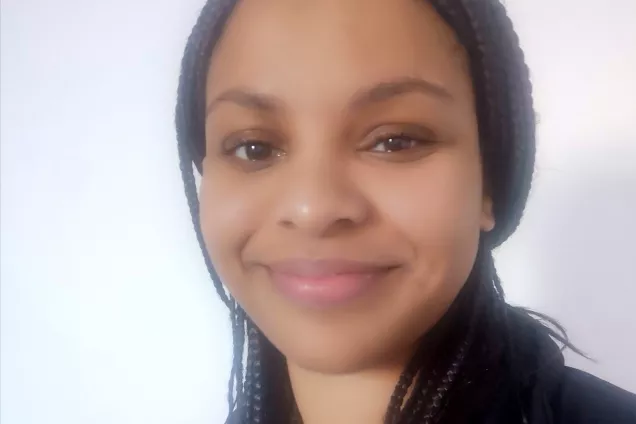What will you examine in your research?
My research takes place in the context of two projects. First, a European Union fund project named Marine Coastal Ecosystems Biodiversity and Services in a Changing World (Macobios) aiming to "ensure efficient and integrated management and conservation strategies for European MCE to face Climate change." Then a FORMAS-funded project called: "Recasting the disproportionate impacts of climate change extremes (DICE)." The DICE project seeks to "expand theories of climate governance to incorporate contemporary dynamics and challenges of L&D and the associated effects, in particular challenges to non-economic wellbeing, and those posed to the Sustainable Development Goals."
My research focuses on climate change adaptation, livelihood, loss and damage, and gender in Martinique an overseas department of France situated in the Caribbean Sea. More precisely, using a gender lens, I investigate the disproportionate impact of climate change on marine coastal ecosystem services and how it affects farmers' and fishers' livelihoods. I particularly focus on the adoption of differentiated adaptation strategies and how they can avoid or induce loss and damage with special attention to non-economic loss and damage.
What sustainability challenges do you want to solve?
I'm particularly interested in climate change adaptation research. Indeed, with the disproportionate impact of climate change, adaptation especially adaptative capacity if of crucial importance. However, several concerns are raised regarding adaptation approaches' effects on vulnerability and inequality. My wish is to bring some light to this matter in the context of Martinique (France).
Why did you become a researcher? What drives you?
I have been in front of several sustainable development challenges the last few years. These experiences motivate me to deepen my knowledge in areas of interest to gain the proper tools to comprehend and propose some solution to such difficulties and to develop critical thinking skills related to such matters. I also feel that more attention needs to be paid to climate change adaptation as well as the connection between ecosystem services and non-economic losses and damages. Hopefully, this research will have an impact inside and outside the academic sphere.
What did you do beforehand?
I earned an Integrated Bachelor's Degree in Economics and Politics and a Master's Degree in Agricultural Economics (M.Sc.) with thesis from Laval University in Canada. I was working as a Monitoring and Evaluation officer for the Food and Agriculture Organization (FAO) of the United Nations Representation in Madagascar, Comoros, Mauritius, and Seychelles at the Comoros office and was also supporting programmes implementation.
Why do you think sustainability science is important – what can it give society?
Sustainability science aims to make sustainability an operational concept. I think that sustainability science has a lot to bring to society by connecting science and society to analyse and develop sustainable pathways. Therefore, sustainability science invites us to look beyond our area of expertise. I believe that is necessary since we are evolving in a dynamic and complex system with many interactions and trade-offs at different levels. I think that it is only through open-mindedness that we will have sustainability.
What do you think of Sweden and Lund University so far?
Despite the context (Covid-19), I appreciate where I am currently living, and I hope to visit other places soon to have a broader perspective of the country. I am sincerely pleased with the various interaction that I have inside LUCSUS. Indeed, even though we are working from home, many efforts and activities are created to maintain regular interaction among colleagues, which is very important.
I look forward to meeting everyone when it will be possible to exchange on the various research topics and discover more about the University.

